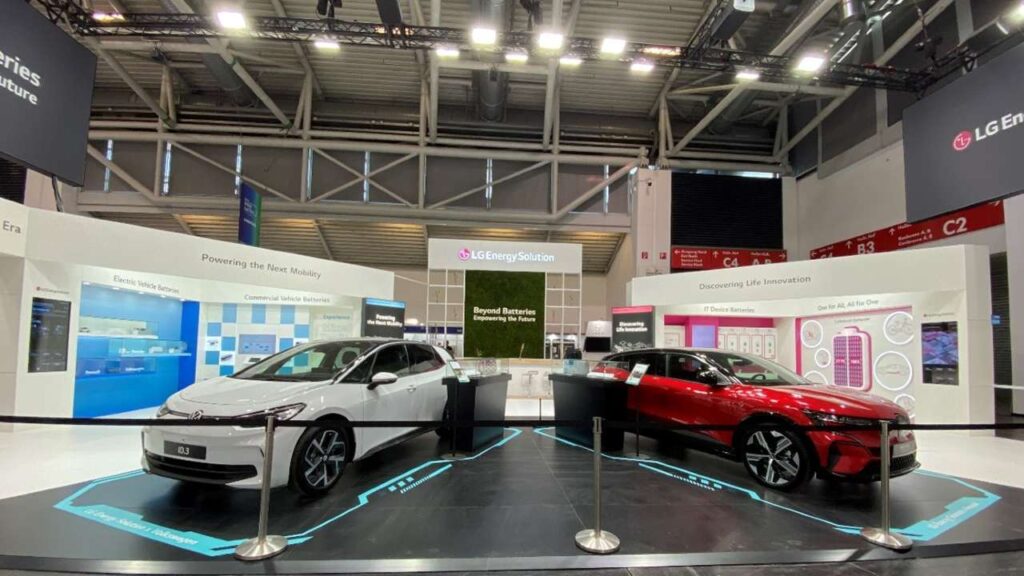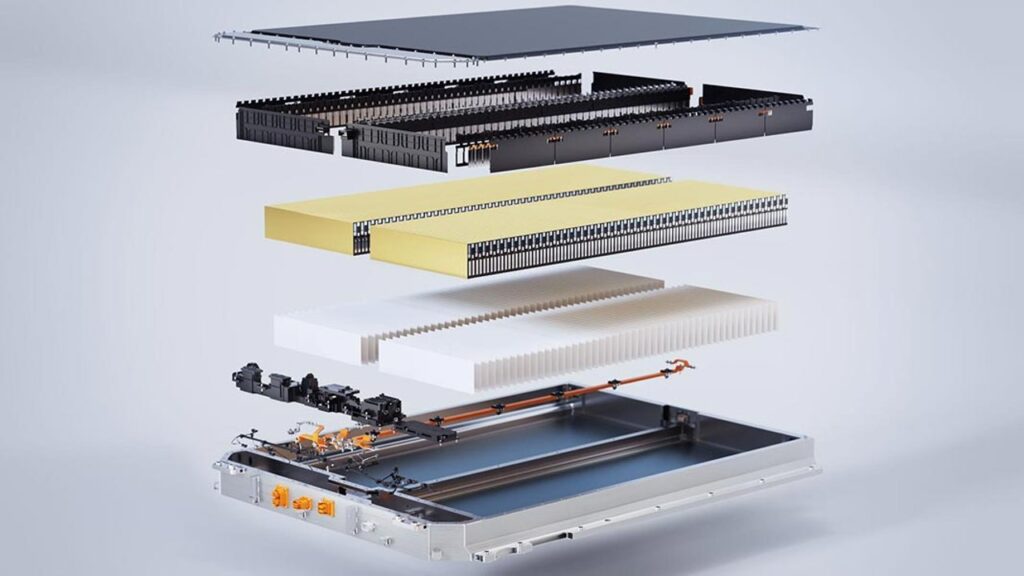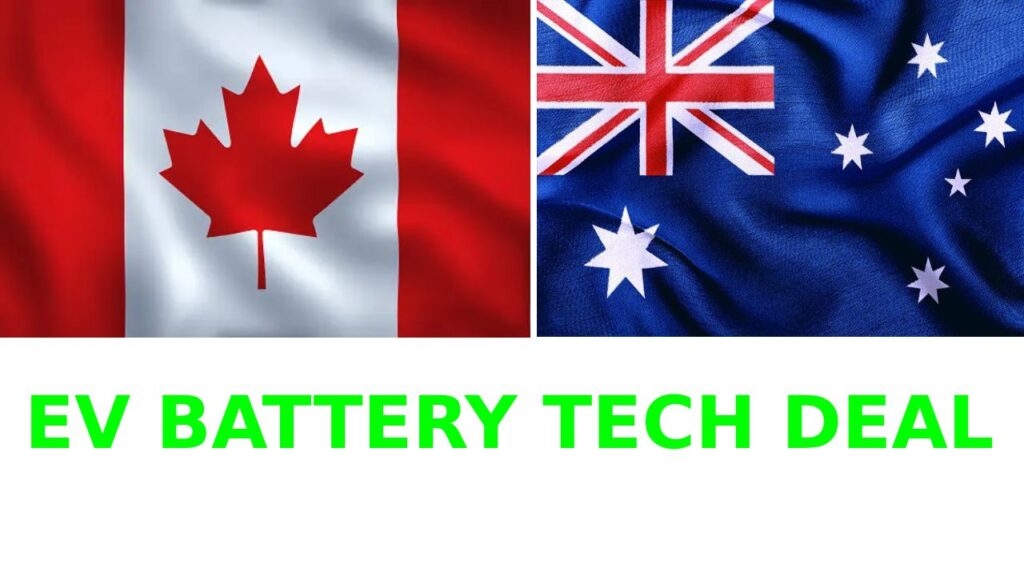We are aware of the dominance of China when it comes to raw materials, manufacturing and rare minerals and elements required to produce EV batteries.
In a bid to tackle the Chinese influence on EV battery tech, Canada and Australia have teamed up. These countries promise to work together to develop key minerals in a ‘clean’ and ‘fair’ manner. Canada and Australia have signed an agreement to collaborate on developing minerals essential for the transition to clean energy, aiming to reduce reliance on China for raw materials and strengthen ties with more cooperative nations.

You might also like: 1,300 hp BYD YANGWANG U9 Is Ready To Redefine Electric Supercar Segment
Canada And Australia Join Hands To Develop EV Battery Tech
The non-binding agreement signifies that the two countries will collaborate to responsibly extract these minerals, enhance transparency, foster partnerships, engage in joint research and development initiatives, and exchange models for industry growth. These details come from a report by Financial Post.
Canada aims to establish a battery industry, anticipating a global transition away from fossil fuels over the next three decades. Given that batteries rely on minerals like lithium, nickel, and graphite, the government has sought to bolster its mining sector in recent years.
You might also like: Study Shows EVs Can Be More Cost-Effective Than ICE Cars In Some Locations
Canadian Policy In 2022
In 2022, Canada implemented a policy aimed at making it more challenging for foreign companies, particularly those from “non-like-minded” nations, to acquire stakes in Canadian mining companies involved in producing critical minerals. As part of this policy, three Chinese companies were instructed to divest their shares from three Canadian lithium companies.
Despite this policy, some Canadian junior miners have entered into agreements with Chinese companies over the past year. For example, Montreal-based SRG Mining Inc. agreed to sell 19.4% of its company to Carbon One New Energy Group Co. Ltd. Vancouver-based Solaris Resources Inc. struck a deal with Zijin Mining Group Co. Ltd. to receive $130 million through a private placement of common shares. Additionally, Vancouver-based Osino Resources Corp. agreed to be acquired by Yintai Gold Co. Ltd. for $368 million.

You might also like: Next-Gen EV Batteries From Korean Giants To Be Unveiled At InterBattery 2024
Approval Of Federal Government Needed
The completion of all three agreements will be contingent upon approval from the federal government under the Investment Canada Act. Canadian operations see significant involvement from Australian miners. For instance, North American Lithium Inc., the primary lithium producer in Canada, is owned by Sayona Mining Ltd. and Piedmont Lithium Inc., both of which are listed in Australia.
In 2022, Perth-based Wyloo Metals Pty Ltd., led by Australian billionaire Andrew Forrest, acquired Canadian junior miner Noront Resources Ltd. Wyloo is aiming to establish a nickel mine in Ontario’s Ring of Fire region.
Melbourne-based BHP Group Ltd. has committed to investing $14 billion in Saskatchewan to develop one of the world’s largest potash mines. Meanwhile, another Australian mining powerhouse, Rio Tinto Ltd., entered a memorandum of understanding with Canada last year to explore opportunities for the company to contribute to the country’s low-carbon battery industry over the next decade.
You might also like: Are EVs With 1000 km Range Still A Distant Reality?
Learn Electric Cars Says
Such initiatives will not only help countries like Canada and Australia but the entire world as most nations are looking to reduce their dependence on China to source raw materials needed for EV batteries. Hence, it is not just these two countries, but a lot of other large economies trying to set up all the technology needed to manufacture EV batteries in-house.
At present, China holds and manufactures a large reserve of materials needed to manufacture Lithium-ion batteries not just for EVs, but for other electronic gadgets too. As global economies focus on self-sustenance going forward, we are likely to see more such cooperations between ‘like-minded’ countries.


Pingback: 8 Out Of Top 10 Highest Selling EVs Are Chinese
Pingback: U.S. Could Ban or Restrict Chinese Connected Vehicles
Pingback: เกียรติบัตรออนไลน์
Pingback: ทางเข้า lucabet
Pingback: https://drughubmarket-wiki.com
Pingback: Ramen Slot
Pingback: บาคาร่าเกาหลี
Pingback: link
Pingback: ปั้มติดตาม
Pingback: Fulfillment
Pingback: Freshbet
Pingback: pg168
Pingback: 1xbet
Pingback: ระบบจัดการออเดอร์
Pingback: clothing manufacturer